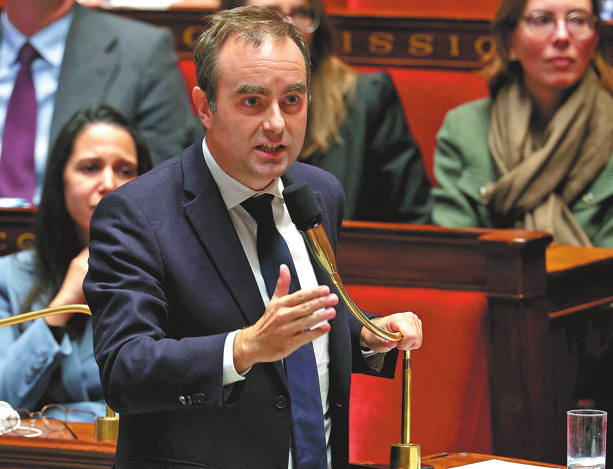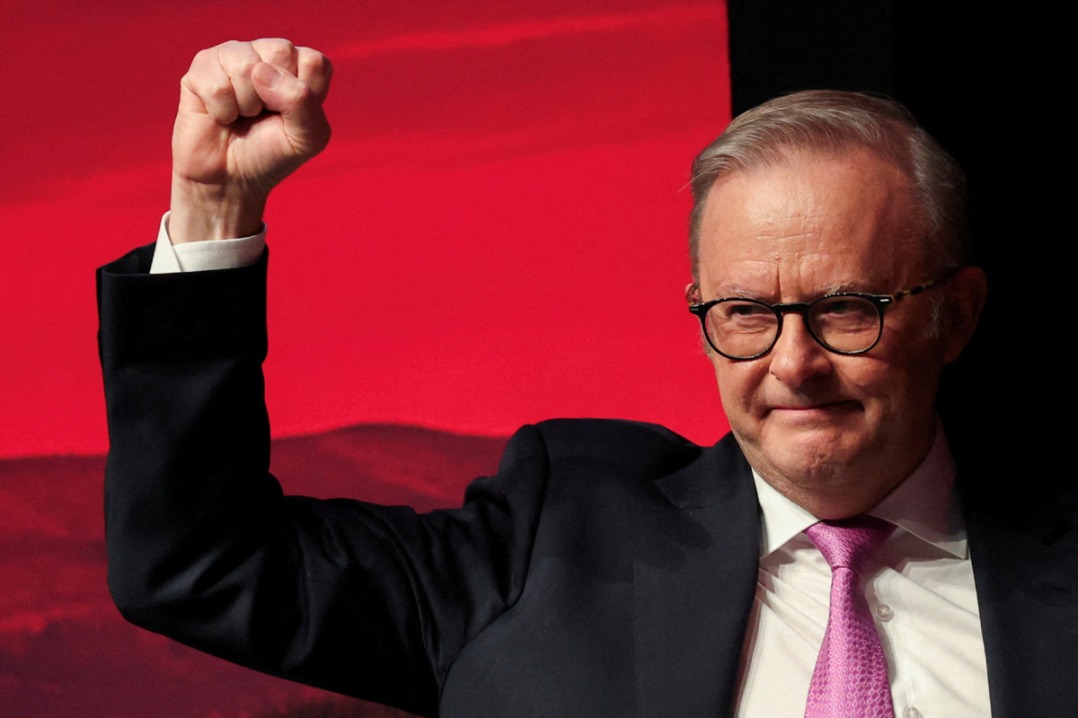French PM Lecornu pledges to suspend pension reform


France's pension reform, which in 2023 triggered months of strikes and rioting, as well as the collapse of several governments, will be put on hold in an effort to preserve the administration of Prime Minister Sebastien Lecornu.
The controversial reform, which aimed to rationalize the country's complex pension system and raise the statutory retirement age from 62 to 64, was forced through Parliament without a vote in March 2023 and has been bitterly divisive ever since.
Lecornu, who returned to office on Friday just four days after resigning, said before crucial confidence votes on Thursday that he now knows the reform must be halted.
"This autumn I will propose to Parliament that we suspend the 2023 pension reform until the presidential election (in 2027)," he said in the National Assembly on Tuesday, delighting left-wing lawmakers who had bitterly opposed them, and infuriating many in the center and on the right who saw pension reform as part of President Emmanuel Macron's legacy, and much-needed if the country is to balance its books and begin reducing its deficit.
Experts said the center-right prime minister, a close ally of Macron, needs the support of socialist lawmakers in the finely balanced Parliament and made the calculated decision with Macron to delay the pension reform and avoid a vote of no-confidence and a snap general election that could have delivered a far-right administration.
Socialist lawmaker Laurent Baumel said on French television that his party would support Lecornu if he committed to suspending the pension reforms.
"He is holding his destiny in his own hands," Baumel said before the announcement. "He knows what he has to do if he doesn't want to be the prime minister who resigns every week."
Lecornu had earlier apologized to the French people for a previous center-right government forcing the pension reform through Parliament in 2023, saying it amounted to a "wound on democracy".
Lecornu, who is France's third prime minister in a year, told lawmakers that the suspension of the reforms will cost 400 million euros ($465 million) in 2026 and another 1.8 billion euros in 2027, and that the money must come from somewhere.
The financial cost of his decision will present him with an additional challenge as he prepares a budget that must lower the country's deficit, now running at about 5.4 percent of GDP, well above the European Union's target of 3 percent.
France has a public debt of about 3.4 trillion euros, which is nearly 114 percent of GDP and is among the biggest in the EU. The pension reform had been seen by the right as a way for the country to regain control of its economy.

































